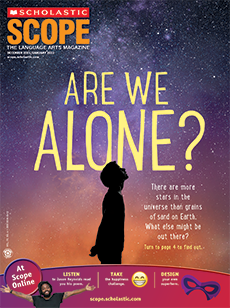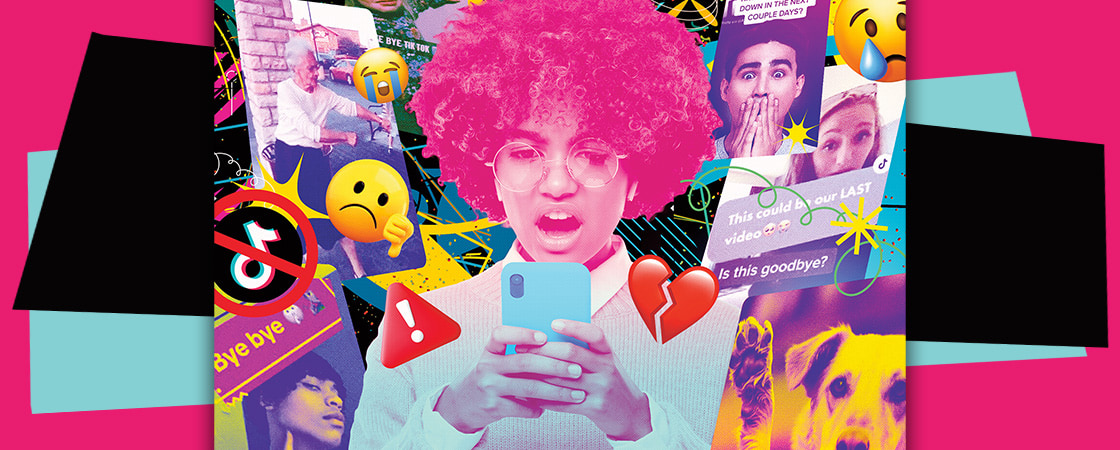Statista
More than 1 billion people around the world use TikTok.
You’re scrolling through TikTok when you see a video of a duck playing soccer. Sooooo cute! In the next video, a teen and her grandma dance to a hip-hop song. The older woman lip-syncs the lyrics as she spins and slides into a split. Wow! Seconds later, you watch someone bite into a lemon and shriek. Ha!
With its endless supply of quirky videos and simple video-making tools, it’s not hard to see why TikTok is the fastest-growing social media platform in the United States.
But there’s something you should know. While you’re having fun on the app, TikTok is collecting all kinds of information about you. It knows what you search for and what you share. It might even know what you look like and sound like! This information is what’s known as data.
Most social media apps, including Instagram, YouTube, and Snapchat, gather data on their users. But unlike these other companies, TikTok isn’t based in the U.S. It’s owned by a company in China. Because of this, U.S. officials say TikTok poses a threat to your privacy—and to the safety and security of the country.
U.S. lawmakers are so concerned that this past spring, they passed a law ordering TikTok to be sold—or face a ban in the country. ByteDance, the company that owns TikTok, says it won’t sell and is fighting the ban in court.
What does all this mean for the future of TikTok?

